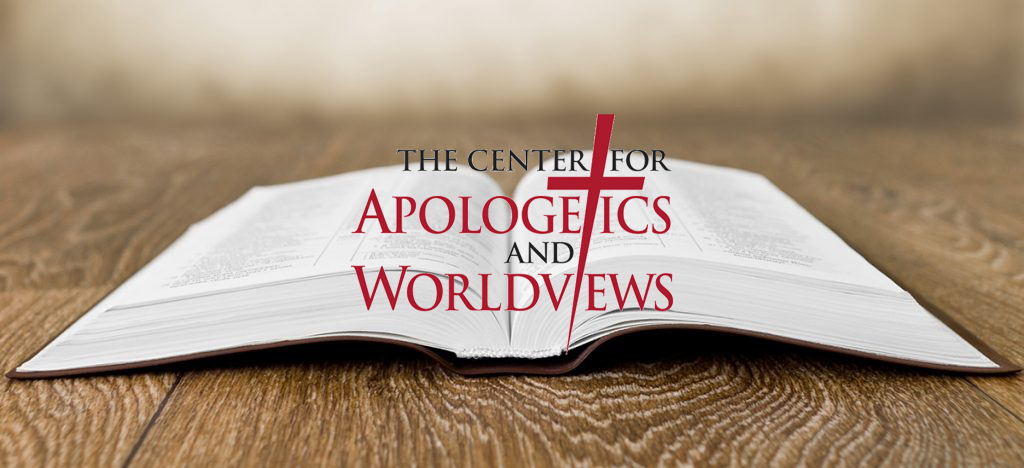Titus 3:1-8
1Remind them to be subject to rulers and authorities, to obey, to be ready to do any good work, 2to speak evil of no one, to be peaceable, to be gentle, and to display every courtesy toward all people. He Saved Us 3For at one time we ourselves were also foolish, disobedient, deceived, enslaved by many kinds of evil desires and pleasures, living in malice and jealousy, being hated and hating one another. 4But when the kindness and love of God our Savior toward mankind appeared, 5he saved us—not by righteous works that we did ourselves, but because of his mercy. He saved us through the washing of rebirth and the renewal by the Holy Spirit, 6whom he poured out on us abundantly through Jesus Christ our Savior, 7so that, having been justified by his grace, we might become heirs in keeping with the hope of eternal life. 8This saying is trustworthy. And I want you to insist on these things, so that those who believe in God are intent on keeping busy with good works. These things are honorable and useful for the people.
Water & The Word Made Flesh
Titus 3 is the historic Epistle lesson for Christmas morning. I don’t often bring Christmas into Advent, but I think it’s really appropriate here. But, maybe it actually doesn’t seem too appropriate for Christmas morning. Because it doesn’t talk about Christ’s birth in Bethlehem. It doesn’t talk about Mary. It talks about Baptism. But let me read verses 4-5 again:
“But when the kindness and love of God our Savior toward mankind appeared, 5he saved us—not by righteous works that we did ourselves, but because of his mercy. He saved us through the washing of rebirth and the renewal by the Holy Spirit.
When the Love of God…appeared…He saved us through the washing of rebirth and renewal by the Holy Spirit.
This is Christmas. Because Christmas for us is no mere reenactment. Christmas is utterly pointless if all we’re doing is reenacting Jesus’ birth. Just gathering around, singing songs, spiritually remembering a Christmas from long long ago. If Christmas for us is simply an act of my will or emotions, it’s pointless. And it becomes no different than any mythical story. Give me Santa Claus and the Easter Bunny if it’s all about reenacting and getting caught up in a story of morals and good cheer. Pointless. Utterly meaningless.
But where Christmas meets us in our lives is in baptism.
Baptism also is utterly meaningless if it’s simply my reenacting of Jesus’ burial and resurrection by coming in and out of the water. If baptism is the action of my will or emotion to dedicate myself to God, I mean can’t even dedicate myself to finishing whatever house project I start the same day. I don’t know if I’ve ever completed a project all the way. I get to about 98% and say, “ah good enough.” This is why Baptism is God’s work, God’s dedication to me. God is not only starting a project, but He’s going to bring it to completion.
When you are baptized, Christ builds a temple here on earth. Christ appears and creates His dwelling place not just on earth, but actually in you. Christ is born. He created His own dwelling, He finishes it, and He loves it. He says it is good. You are that project, that dwelling. And He loves you. You are His and He is yours. He is in you and you are in Him.
And in this way, what we have is better than the shepherds! The shepherds had to run to find Him. Christ got tired of waiting. He doesn’t even let you come to find Him. He comes to you. He is born in you.
And this is entirely His doing. Just as He was born of Mary through the Holy Spirit by the power of Words of God spoken by the angel Gabriel, so He is born in you by the washing of regeneration and renewing of the Holy Spirit. Christ is conceived by the Holy Spirit in your heart through Baptism.
It is amazing to me the lengths that protestant Christianity goes to to deny this, to deny the work of God in Baptism. They want Baptism to be all about your work: ‘baptism can’t save…only Christ can save.”
Well, exactly. You mean the Christ who created the world? The Christ who created His own mother? The Christ who created the cross He was nailed to and the rock into which He was buried? You’re telling me that Christ can’t create a temple in your heart through baptism?
Of course He can. Baptism is absolutely Christ’s work through the power of the Word.
This is so comforting and so evangelical. This is why we in the Lutheran church don’t question the validity of baptism done by other Christian churches. If someone comes to us and they are baptized in the name of the Trinity, no matter what church they were baptized at, we say great! It’s weird that some get upset about closed communion, when almost any other church you could go to would question whether or not your baptism actually counted. No matter when you were baptized, no matter if you remember it, you’re still baptized.
Consider that even a Baptism performed by the type of evil person Paul mentions in our text – “foolish, disobedient, deceived, enslaved by many kinds of evil desires and pleasures, living in malice and jealousy, being hated and hating one another” – while such a person might be an atheist and they may be living outside of their own baptism, a baptism performed by them would be no less valid, because it doesn’t depend on them – but on the Word of God.
Last week, we heard about the Pharisees who came to John the Baptist. They asked him why he was baptizing if he wasn’t the Christ. John replied, “I baptize with water, but among you stands one you do not know.” In other words, “I’m just the guy pouring on the water. It’s Christ who is actually doing the baptizing.”
“For that sacrament, even in the hands of wicked men, is known to be of Christ.”
But that doesn’t mean you can’t deny your baptism. A wicked man, who joins his body to the corrupt world, cannot be part of the holy, uncorrupt, body of Christ – the Christ who was born and is born in us as we are reborn in Him.
A man, who is baptized in a heretical church in the name of the Holy Trinity, even though His baptism was real, if he doesn’t abandon his heresy, he’ll lose his place as a temple of Christ.
In the same way, a covetous man, an idolatrous man, who has been baptized in the same name does not become the temple of God unless he abandons his covetousness or idolatry.
For us to say that it doesn’t matter what happens after I’m baptized, would be like saying it didn’t matter what Jesus did between His birth and His crucifixion. Paul doesn’t say, “He saved us…so do whatever you want,” but gives Christ both as our example and our enabling agent: “Having been justified by his grace, we might become heirs in keeping with the hope of eternal life.”
Baptism and conversion/repentance go together. In both cases we are born in the same way that Christ was born of Mary: through the power of the Holy Spirit by the Word of God. But even though one of them may be lacking or missing, it doesn’t mean the other is lacking also. The infant who is unable to repent by her action or the thoughts of her heart, is still baptized. And of course, the Thief on the Cross in whom was worked a change in heart by his conversion through the Holy Spirit, is still renewed and reborn.
And so through my Baptism, Christ gives me rebirth and renewal. While Baptism itself happened only once, this rebirth and renewal happens again and again and again. Every day my filthy slate is not simply scrubbed clean, it’s made brand new. There’s not even a smudge or smear from anything being wiped clean and missed, because it’s brand new. I am remade and reborn daily in the image of God, in the image of the perfect and holy Son of God born in a manger.
So, St. Paul reminds us what Christmas looks like every day of our lives. What it looks like to be born in Christ and for Christ to be born in us.
“Remind them to be subject to rulers and authorities, to obey, to be ready to do any good work, 2to speak evil of no one, to be peaceable, to be gentle, and to display every courtesy toward all people.”
When we live a life of repentance, Baptism and Christmas actually starts to mean something for us. We incarnate Christ to other people in our lives. We incarnate Christ to our parents when we honor them, we incarnate Christ to the person in need when we show charity, we incarnate Christ to our spouse when we love them as Christ first loved us. “Those who believe in God are intent on keeping busy with good works,” because in this Christ becomes incarnate to the world. The love of God appears.
Baptism becomes the enabling agent, the source, the well from which I can draw to live a life worthy of the Gospel, to live as a reborn son or daughter of God, an heir, “in keeping with the hope of eternal life.” I need baptism as much as I need Christmas.
By God’s grace you and I have both every day. The kindness and love of God our Savior has appeared. He saved us through the washing of rebirth and the renewal by the Holy Spirit. Christ is born.
In Jesu’ nomine, Amen.

